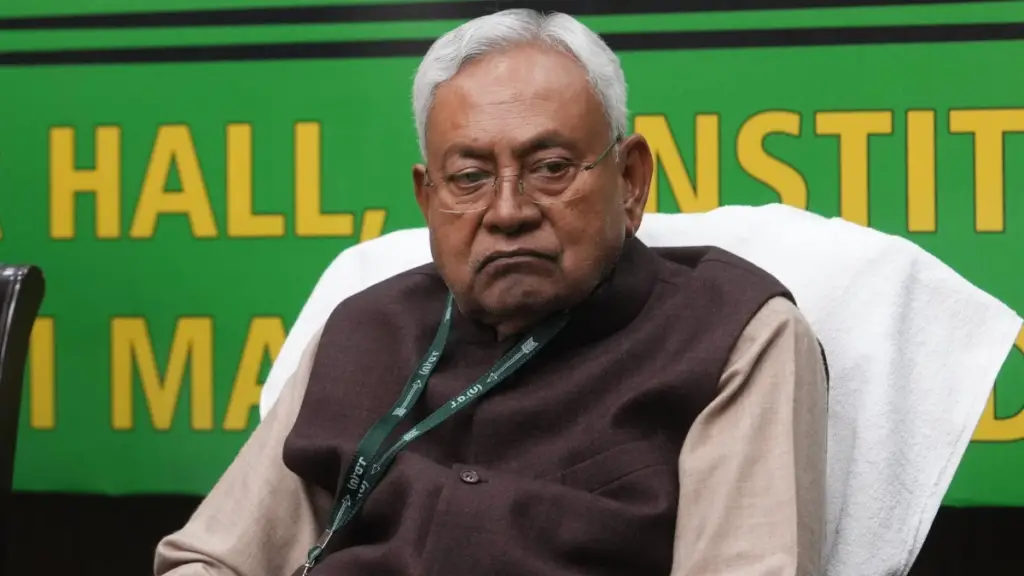Indian voters have long been associated with casting their votes based on their caste rather than the issues at hand. Last year, the Bihar government released a survey indicating that Other Backward Classes (OBCs) and Extremely Backward Classes (EBCs) make up a significant portion of the state’s population.
Historically, the British colonial government introduced a caste-based census in 1881, which continued until 1931 when it was discontinued. However, independent India did not reintroduce the caste census in fear of perpetuating the caste system and further dividing the country. Even the Mandal Commission in 1980 used data from the 1931 caste census to recommend reservations for socially and economically backward classes in Central government jobs.
Chief Minister Nitish Kumar of Bihar resurrected the issue of the caste census, much to the dismay of the British government, who considered it divisive, and eventually made it a key issue in the Hindi heartland states’ elections. However, despite speculation that the caste calculus would influence the voters’ choices, the elections in Madhya Pradesh, Rajasthan, and Chhattisgarh did not see the issue resonate with voters.
The Congress attempted to divide Hindu votes by making the caste census a central issue, while the BJP focused on the overall development of the country, which resonated with voters. It appears that Indian voters are moving away from casting their votes based on caste and instead are focusing on a development-driven agenda, as emphasized by Prime Minister Narendra Modi’s ‘Sabka Saath, Sabka Vikas’ (Together with all, development for all) approach.
Despite facing a defeat in the elections, the Congress plans to continue advocating for a national caste census in the 2024 general elections to counter PM Modi’s inclusive development agenda. This strategy aims to create a forward versus backward contest to appeal to different sections of society.
Source link

